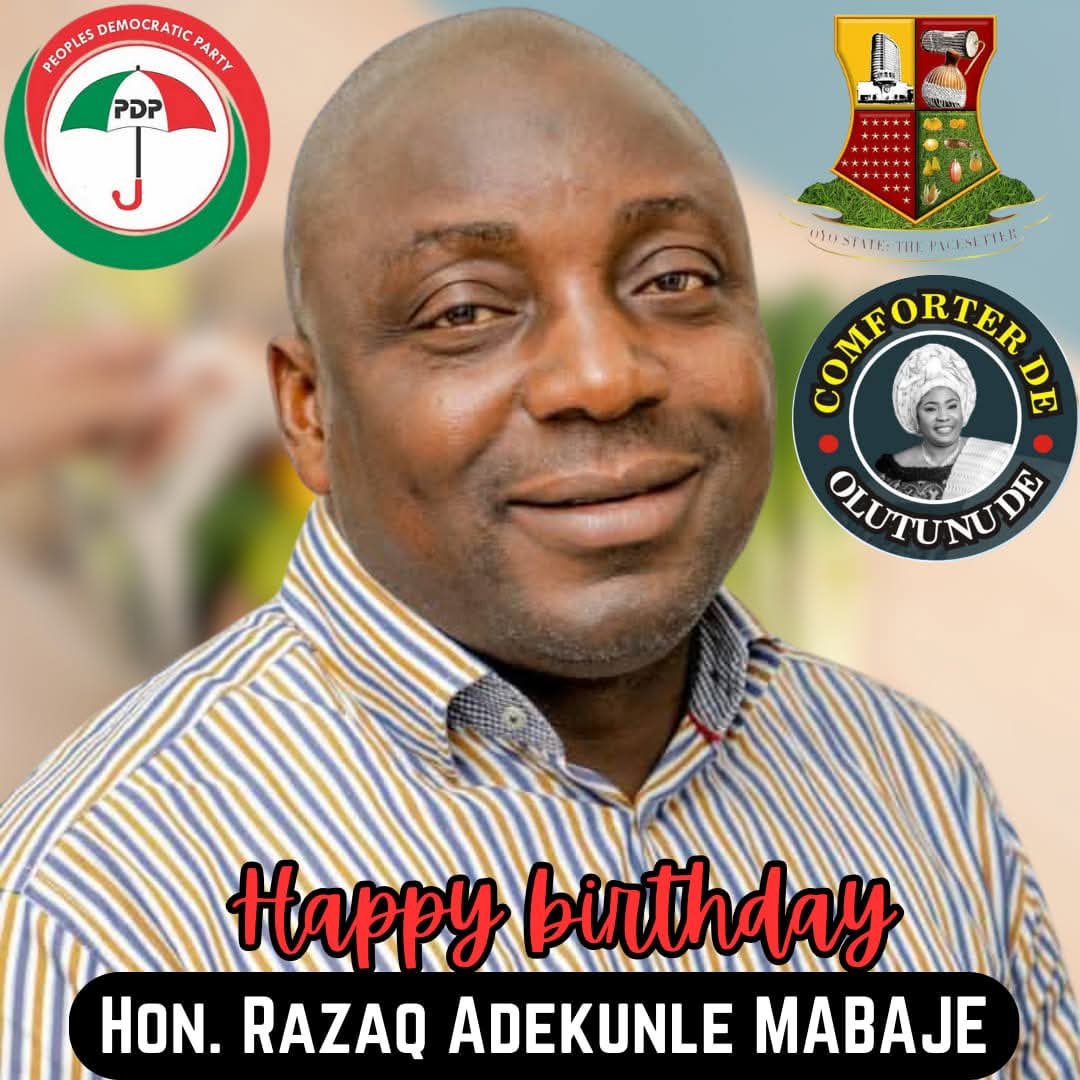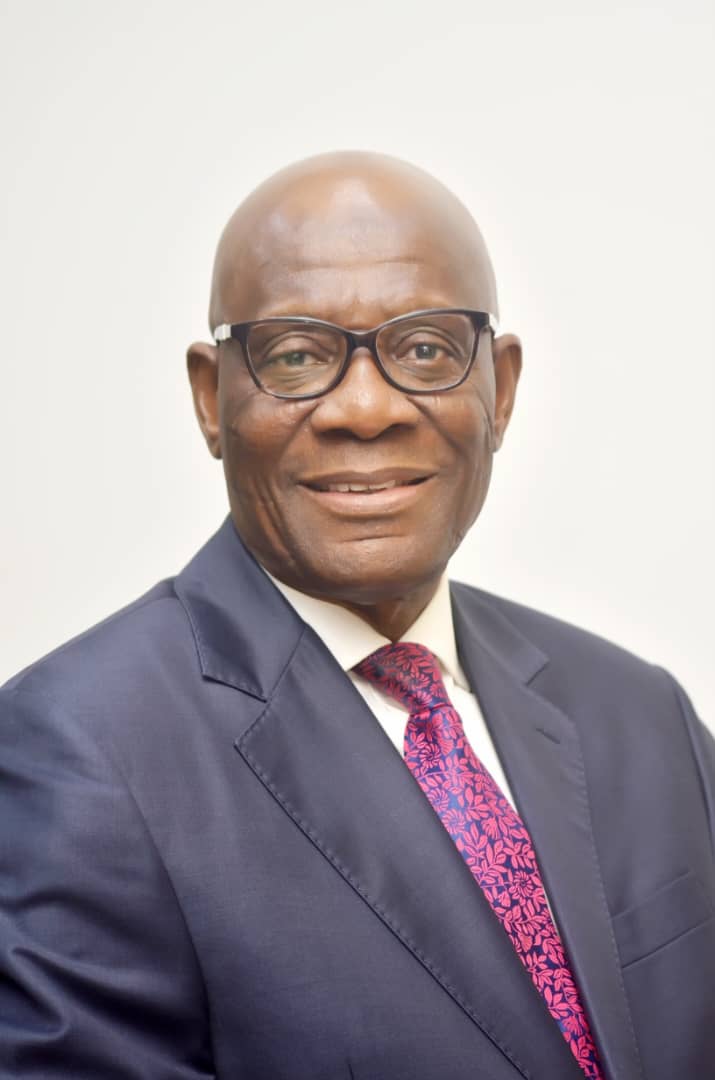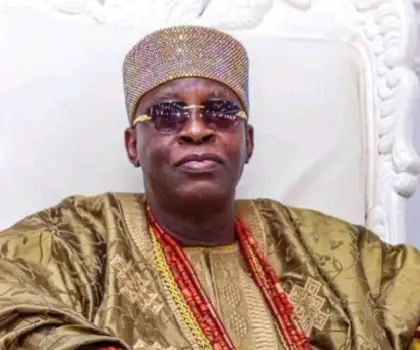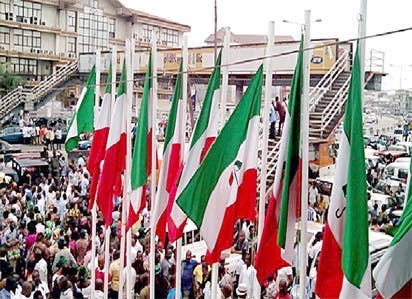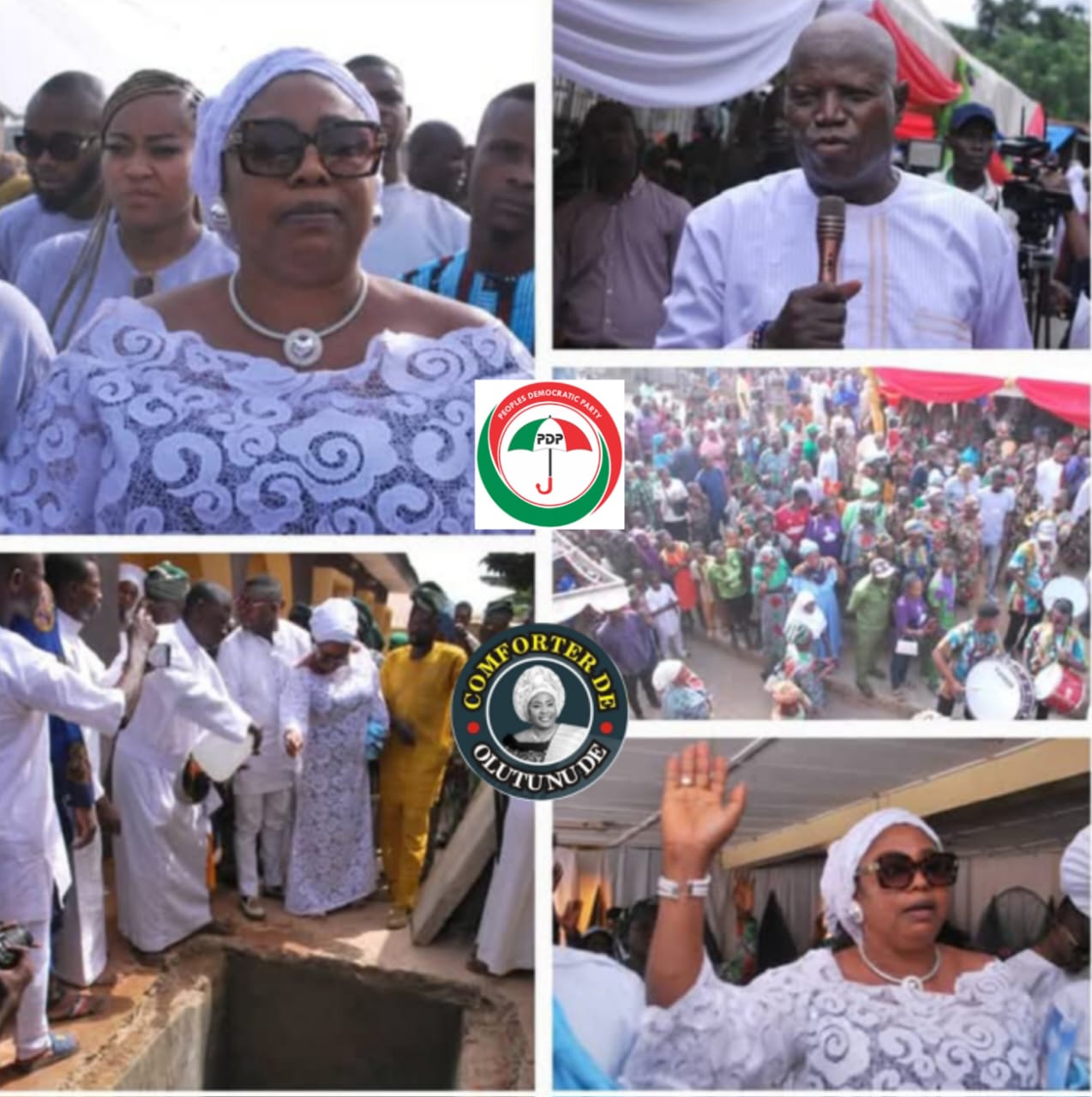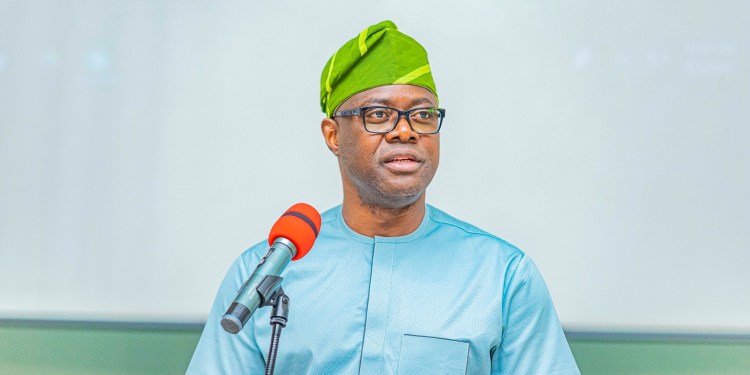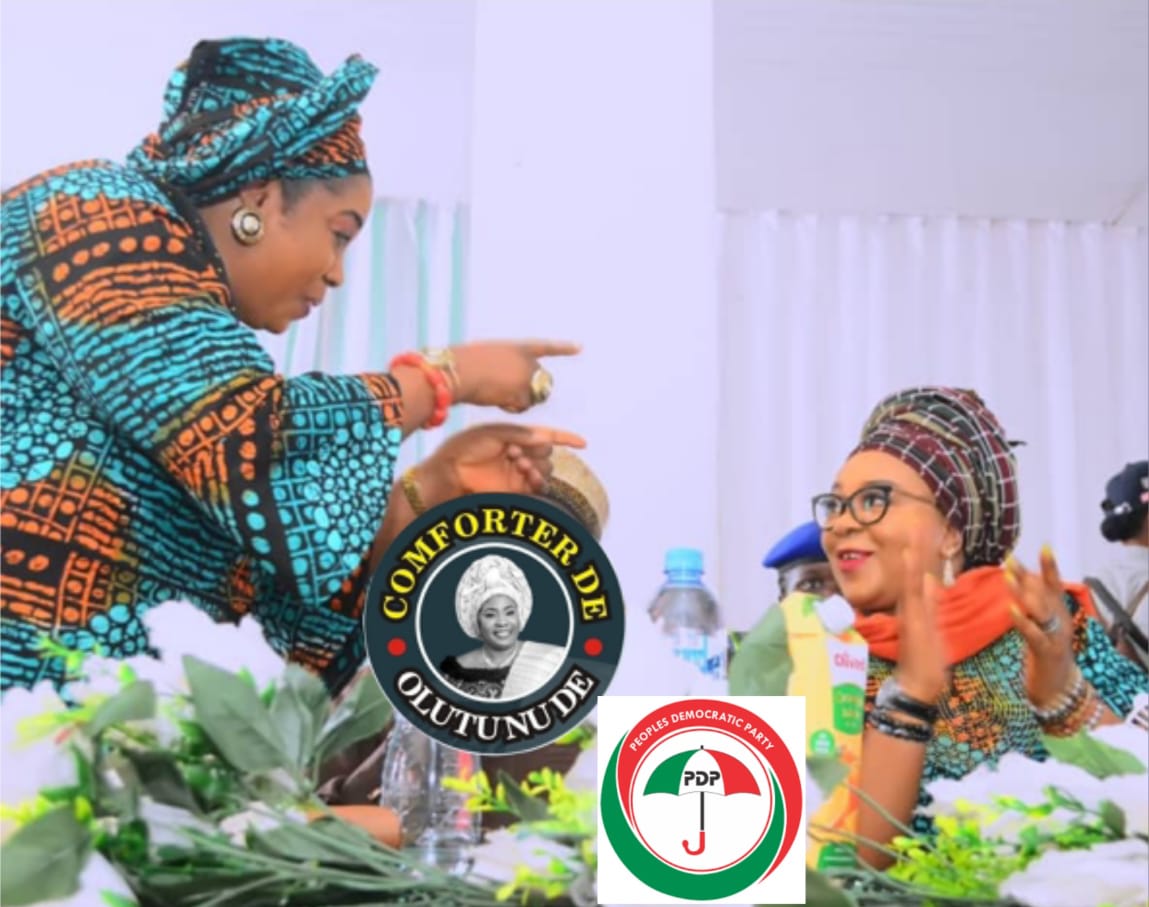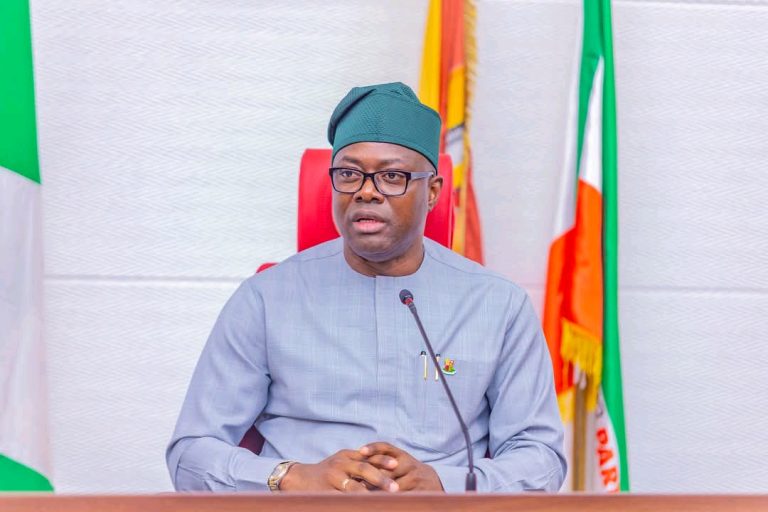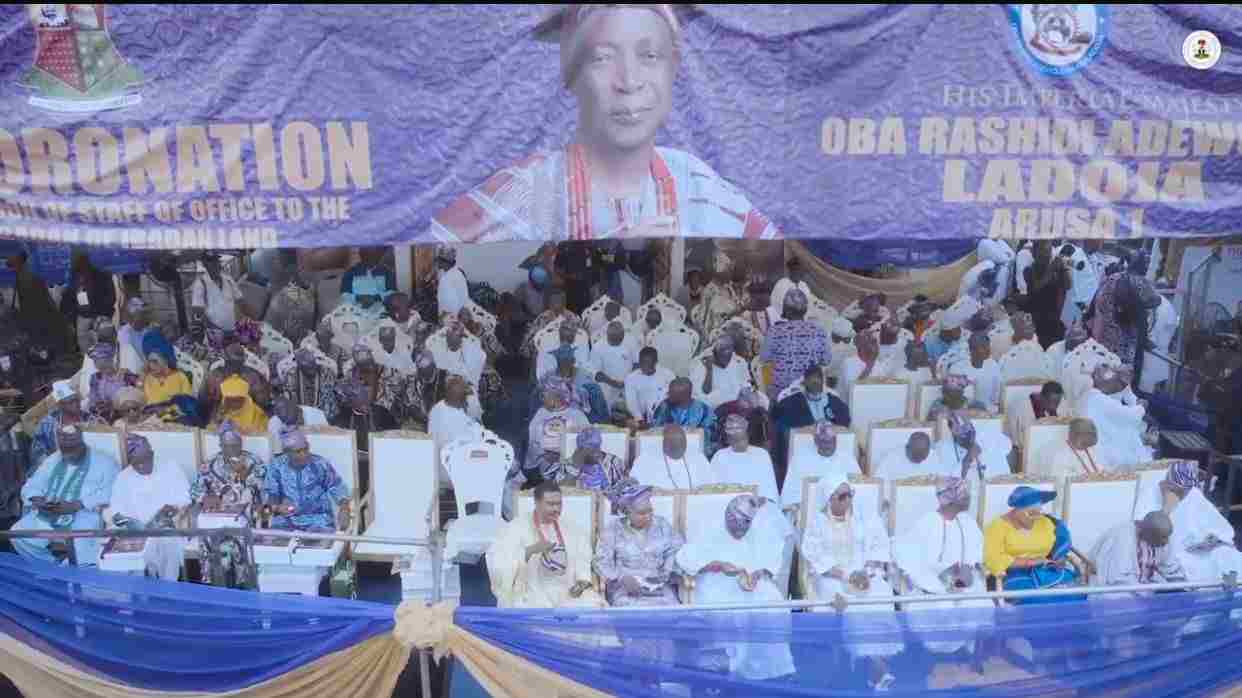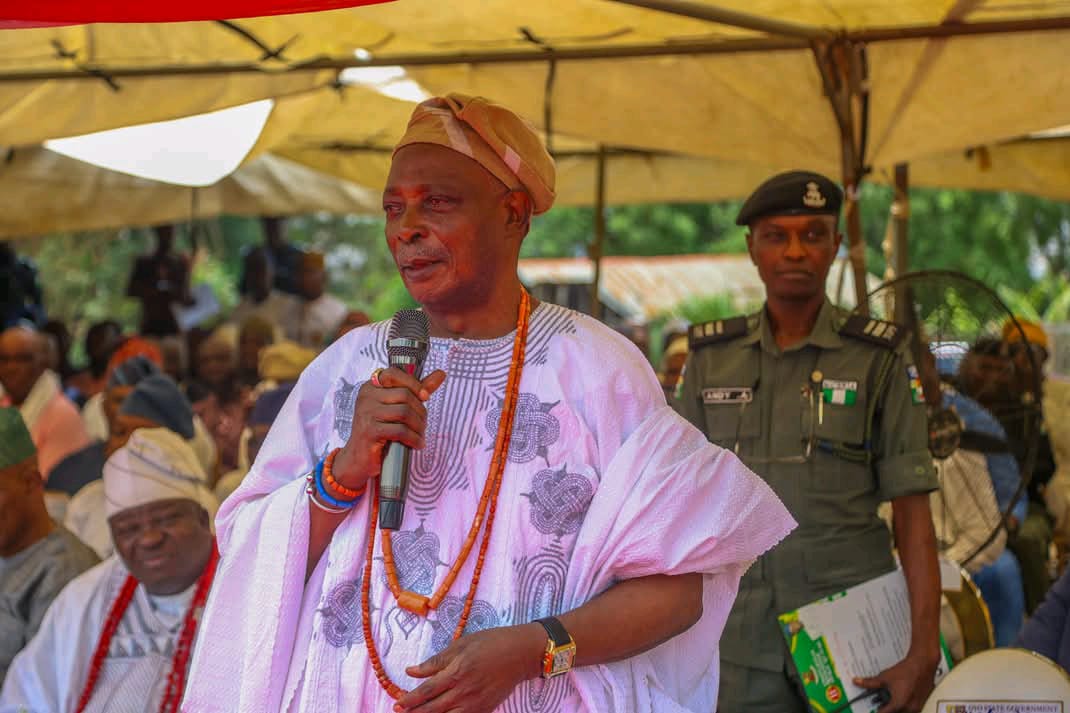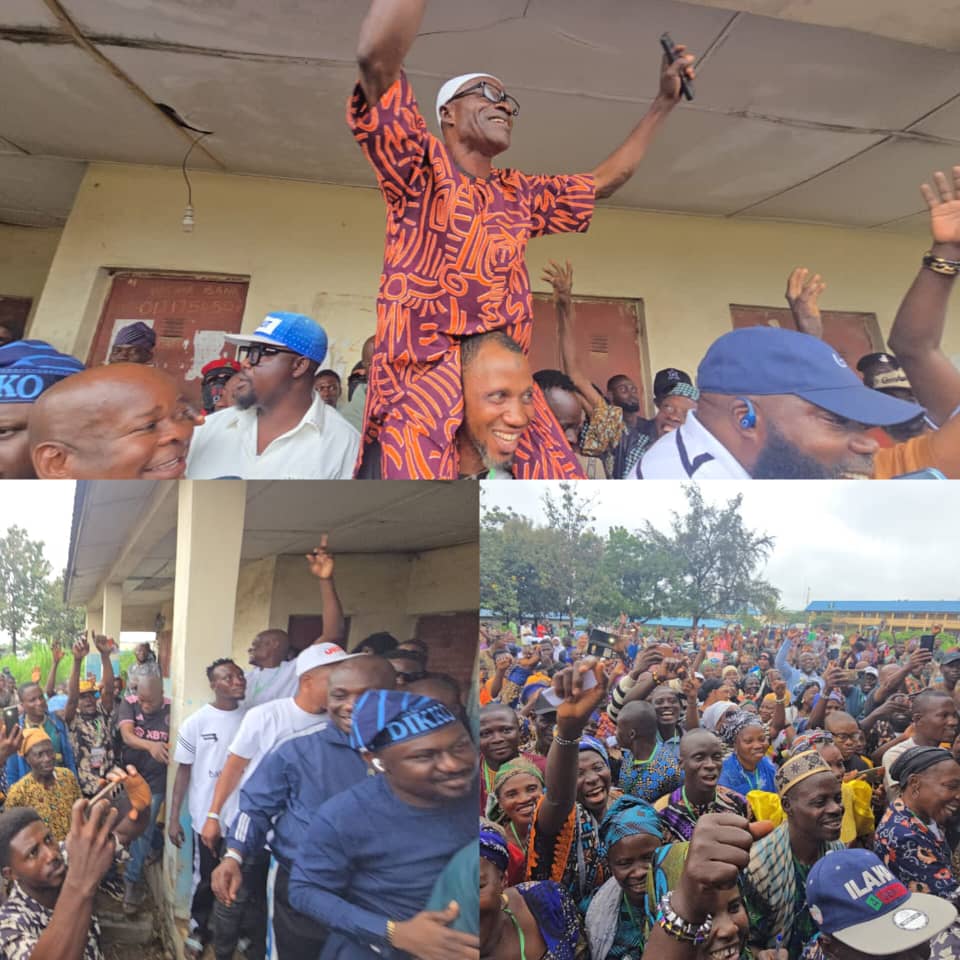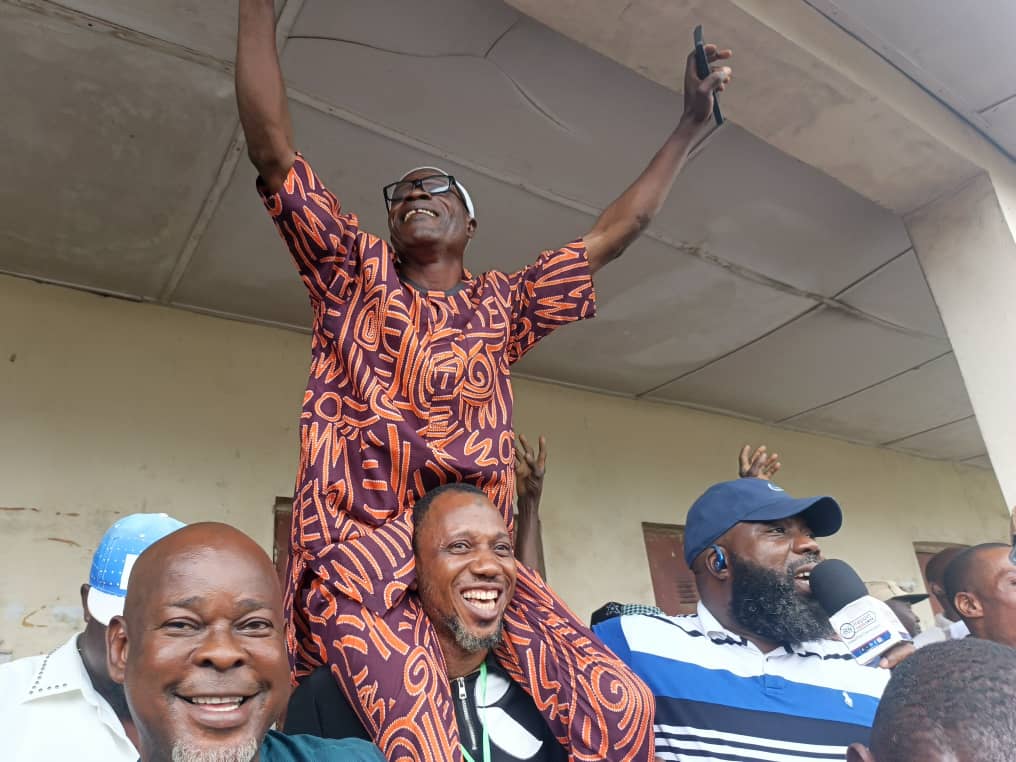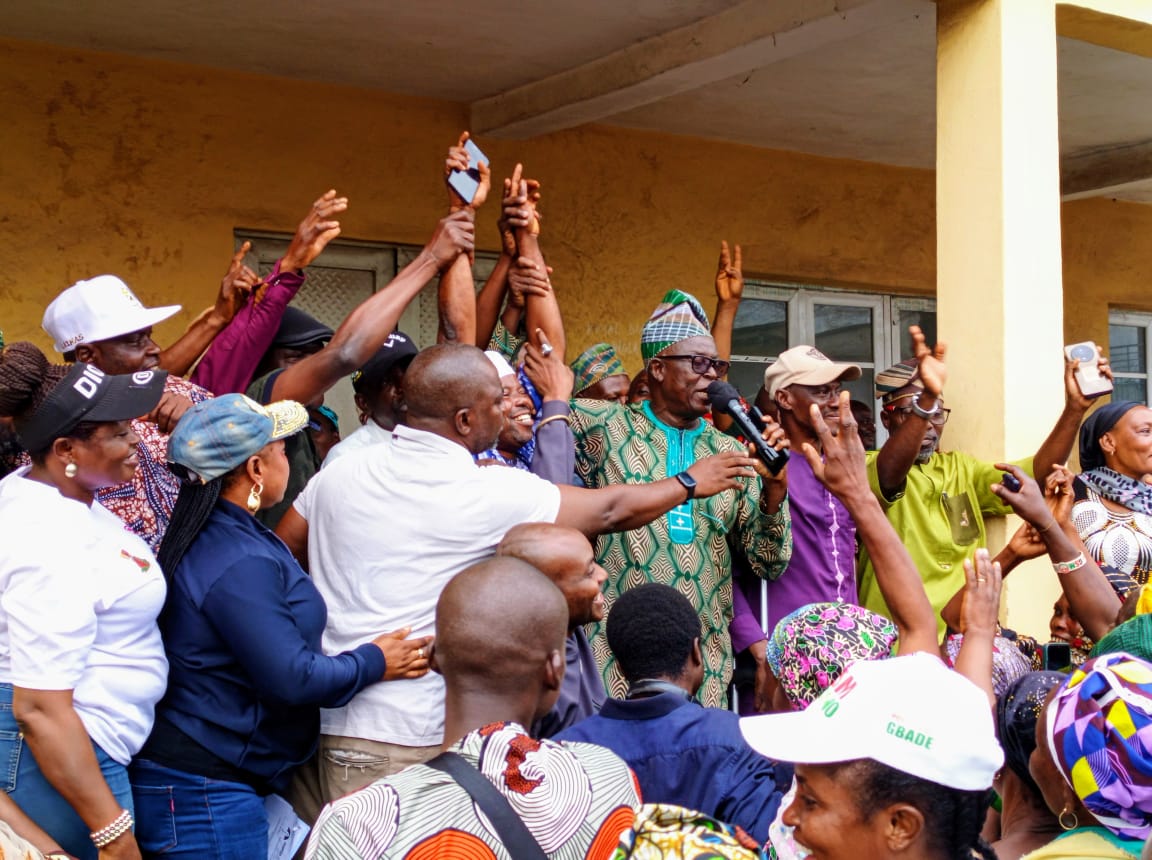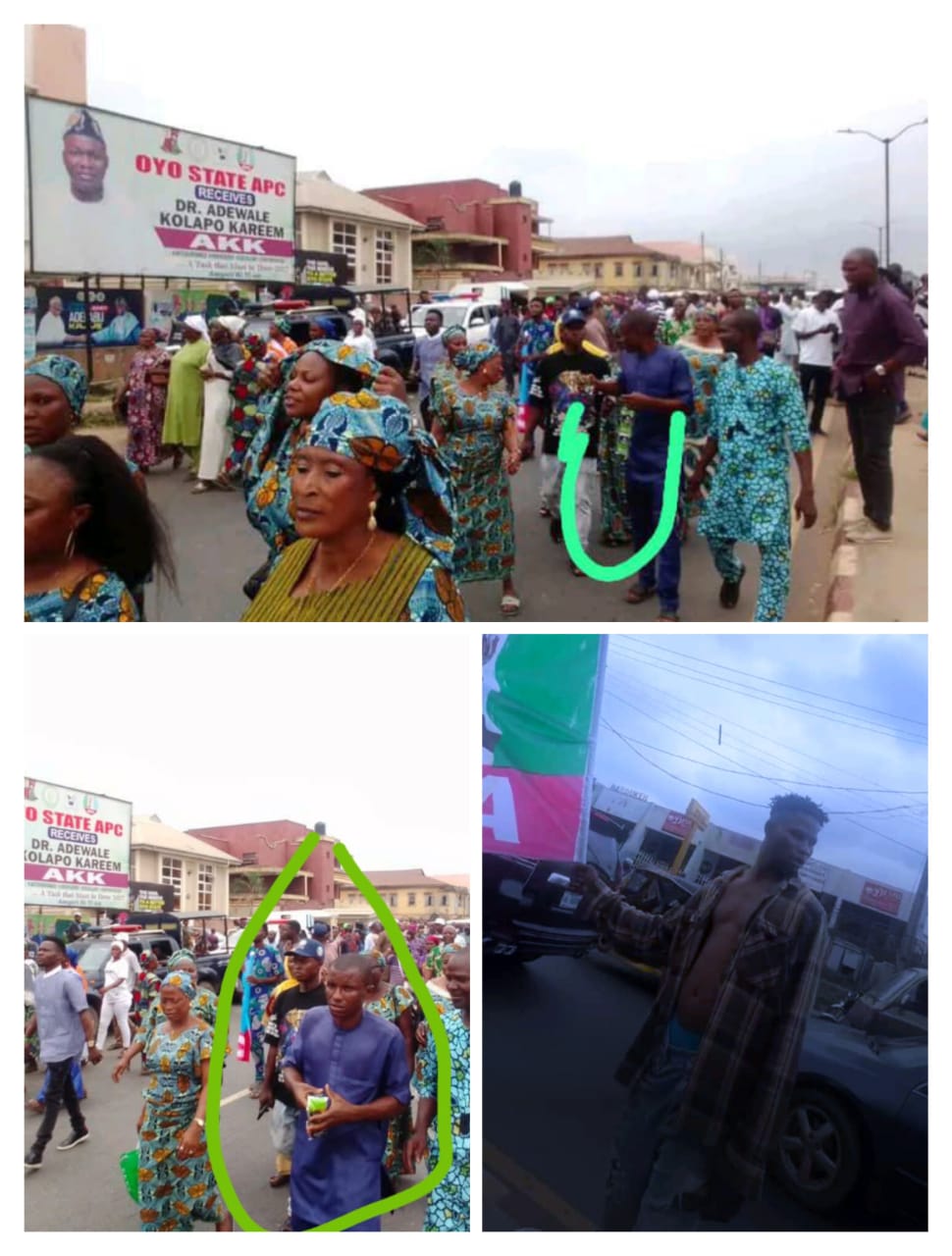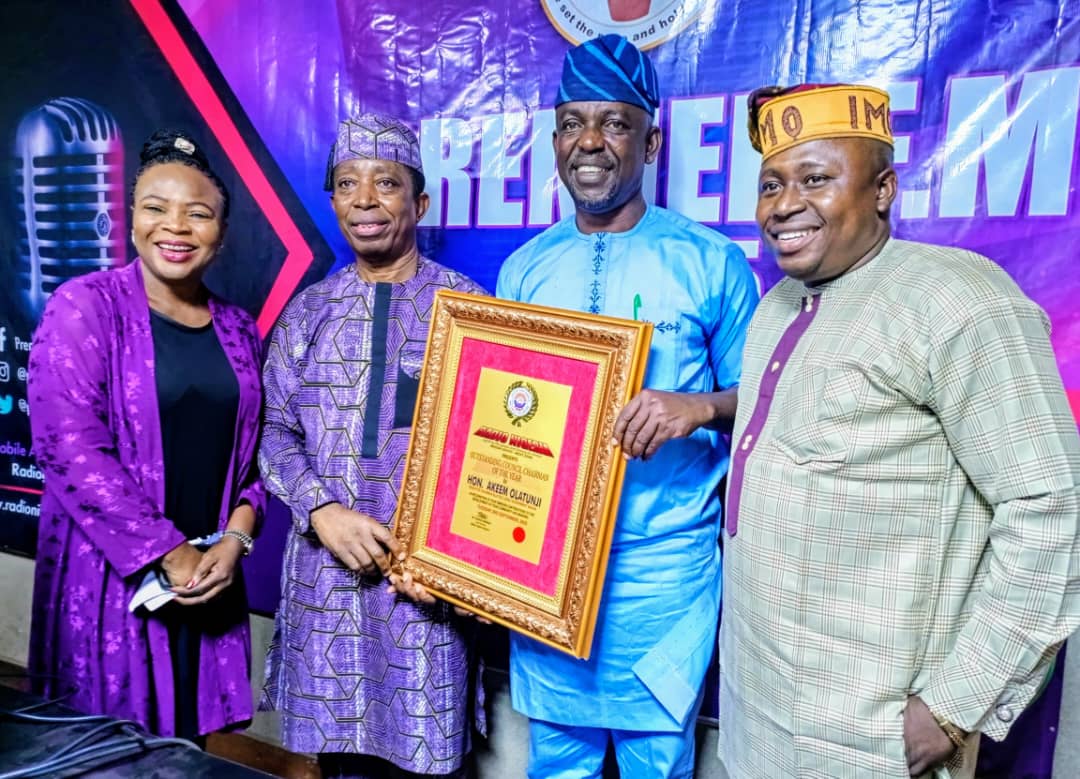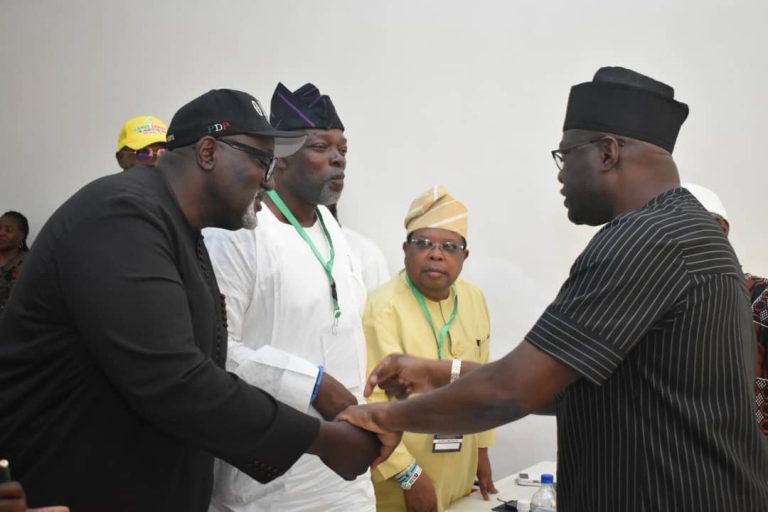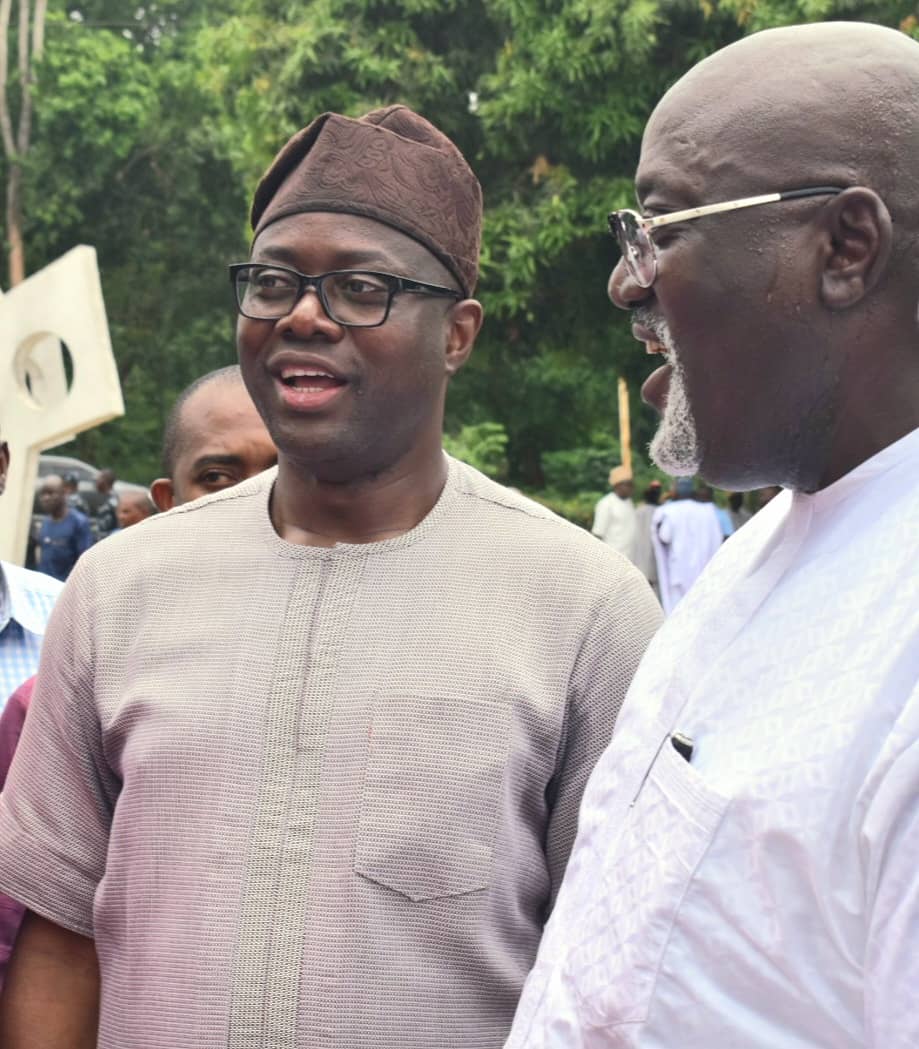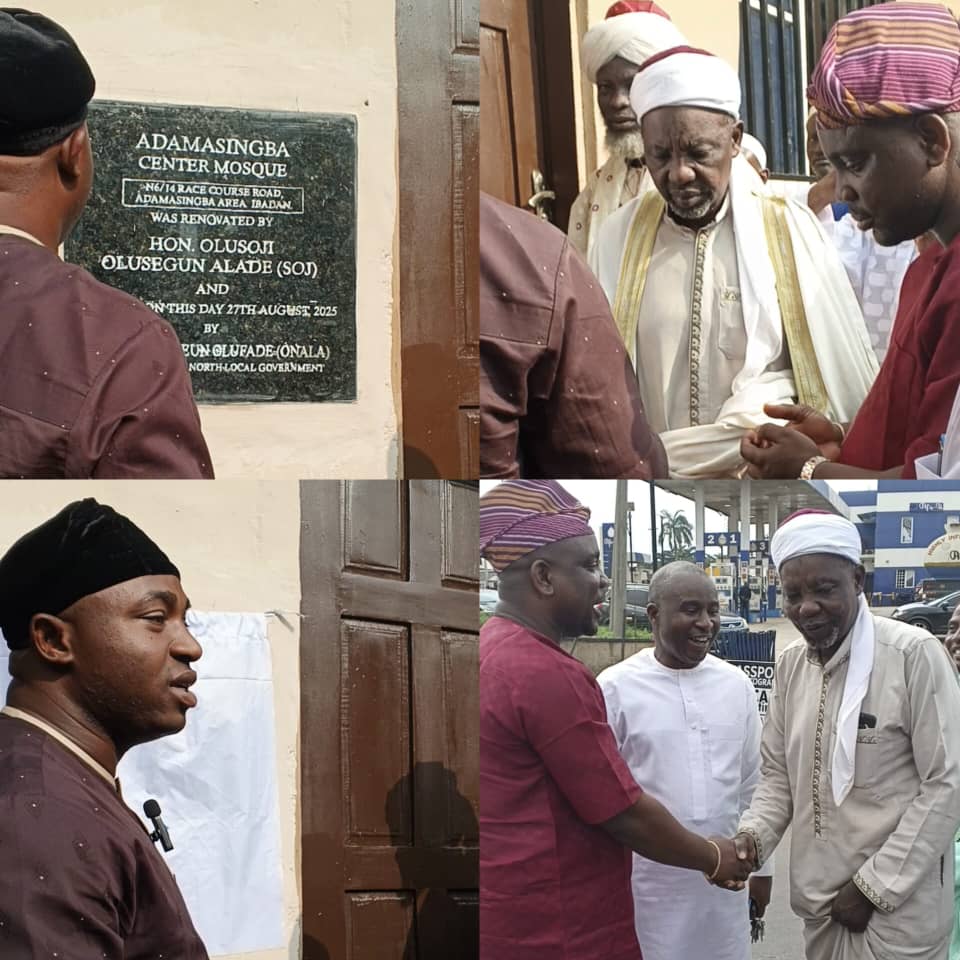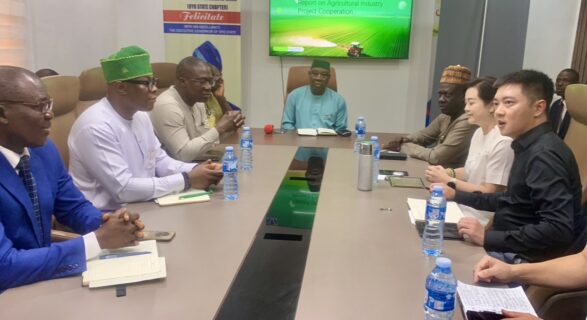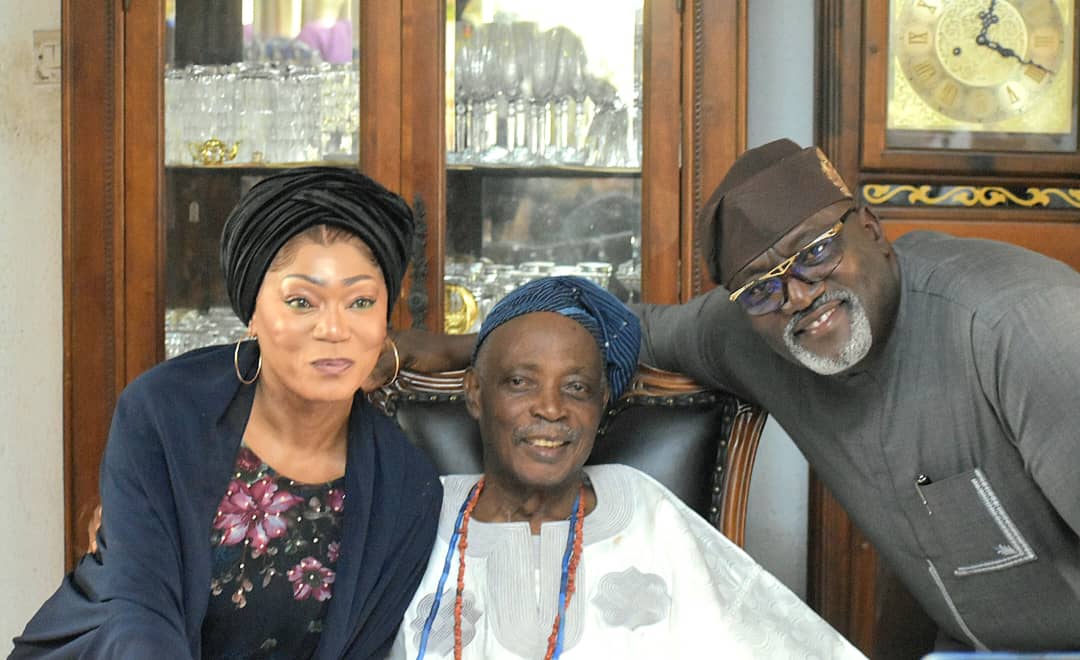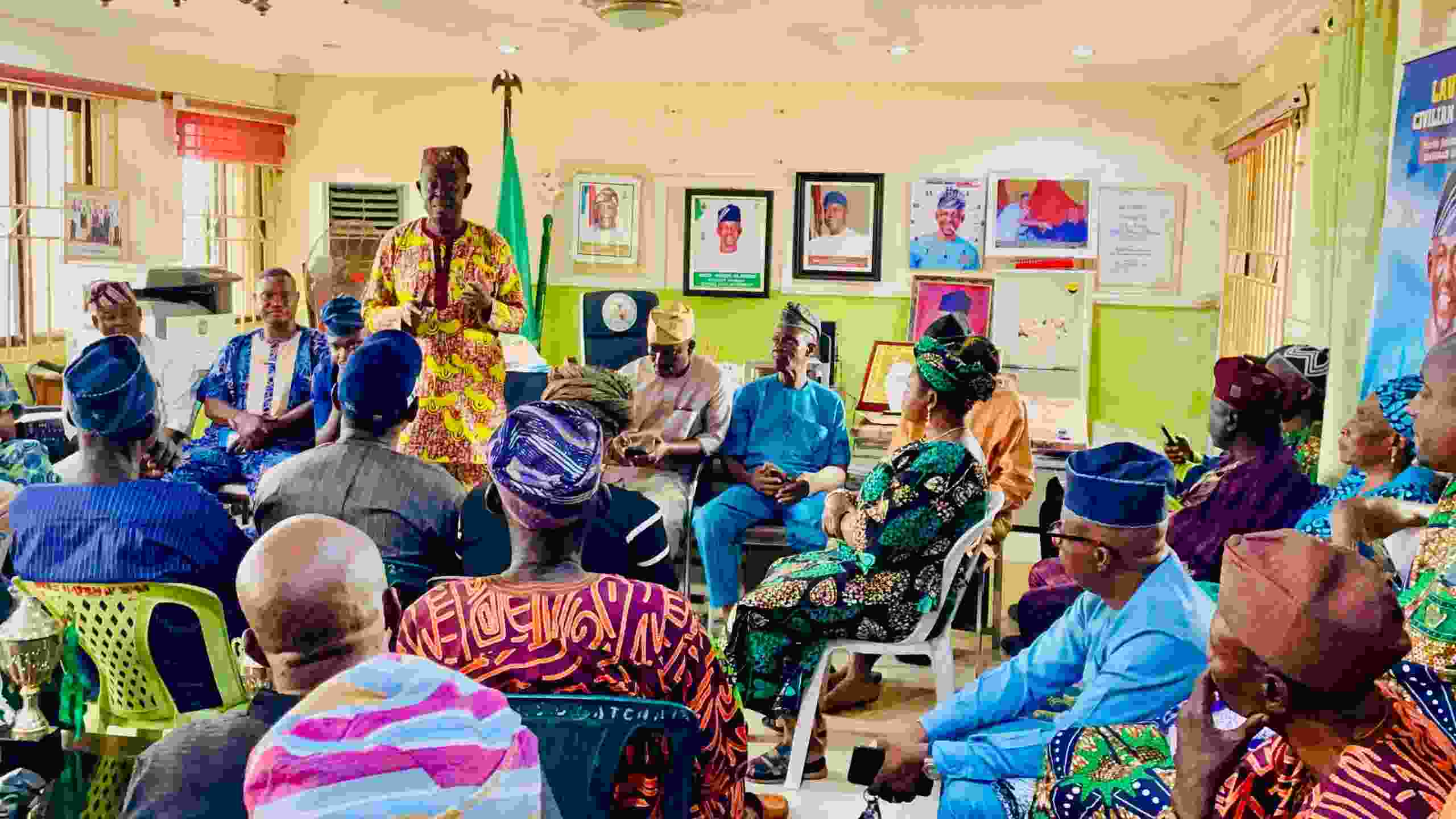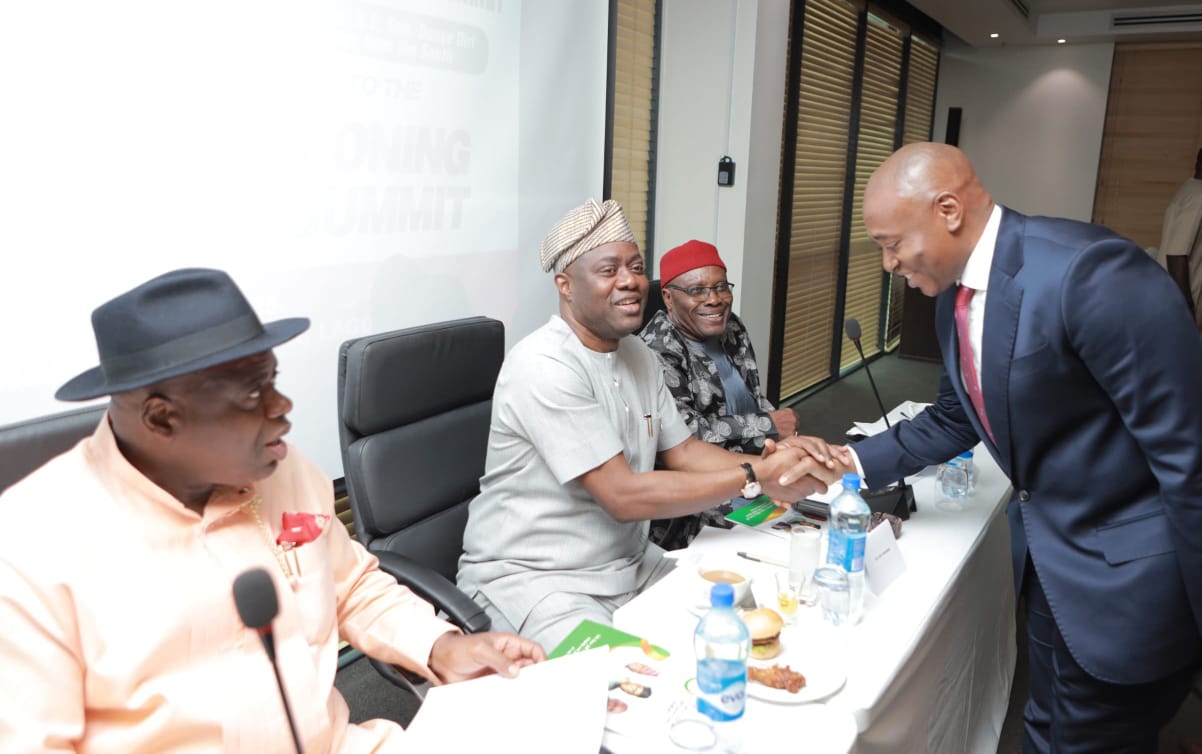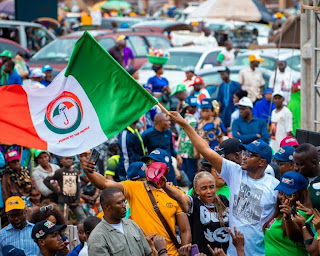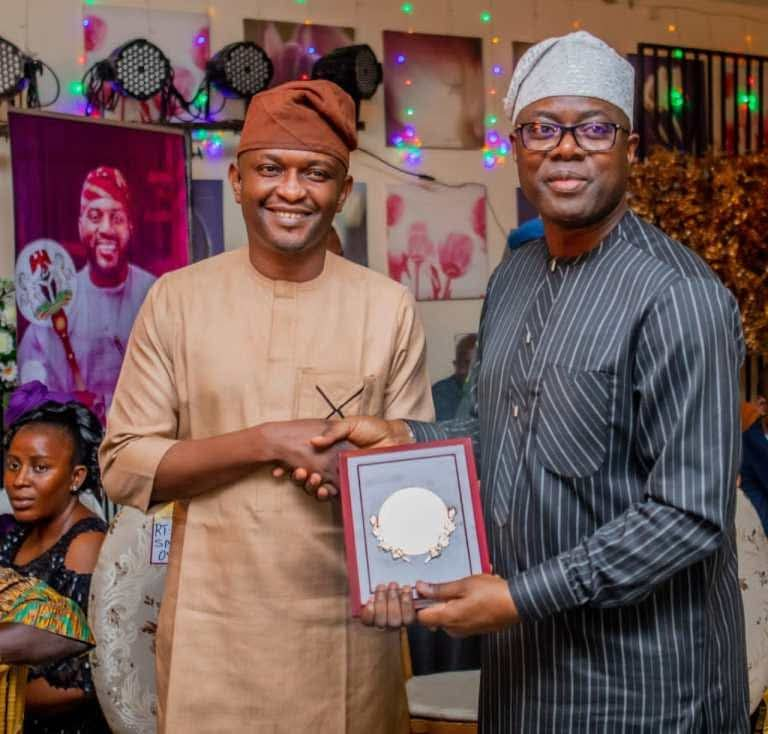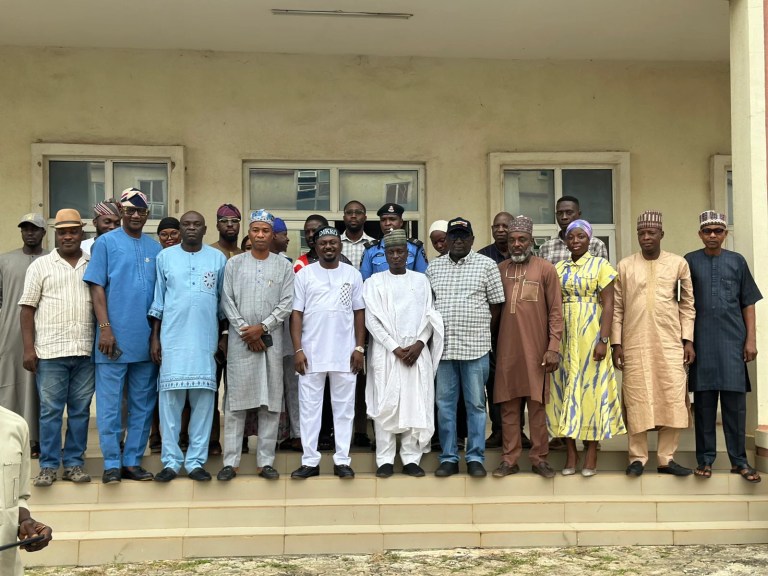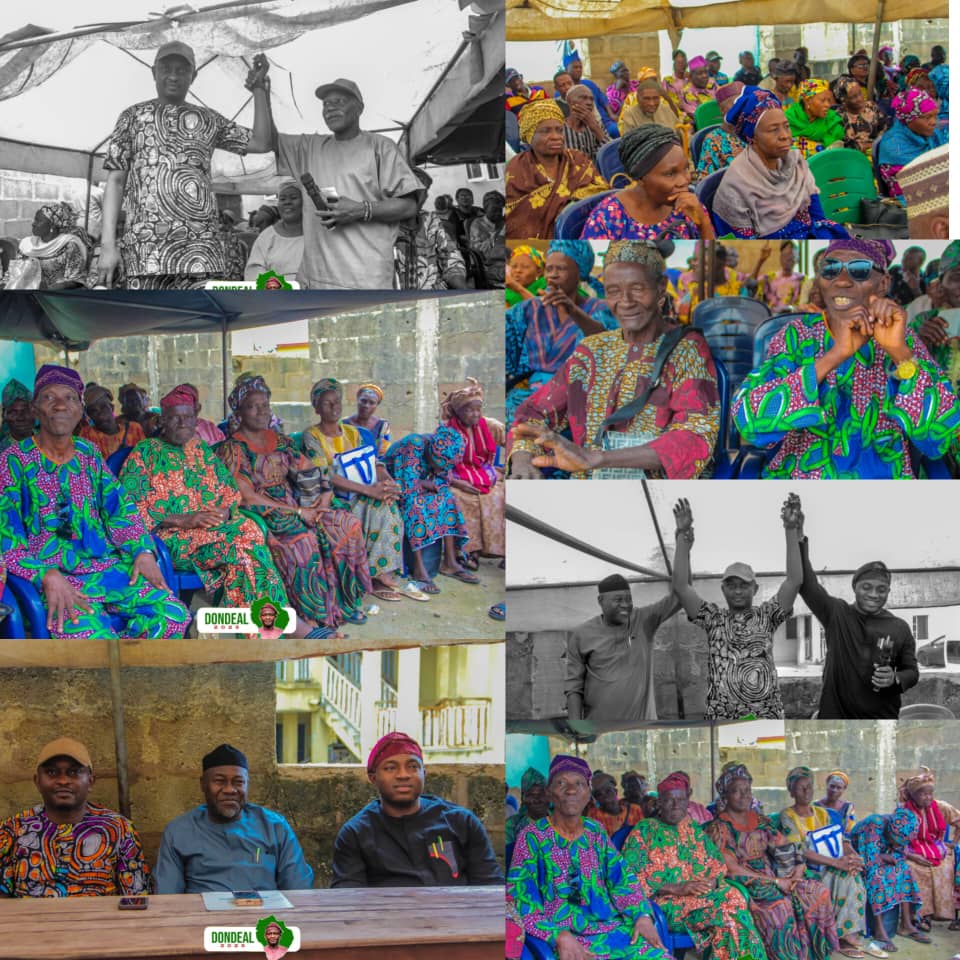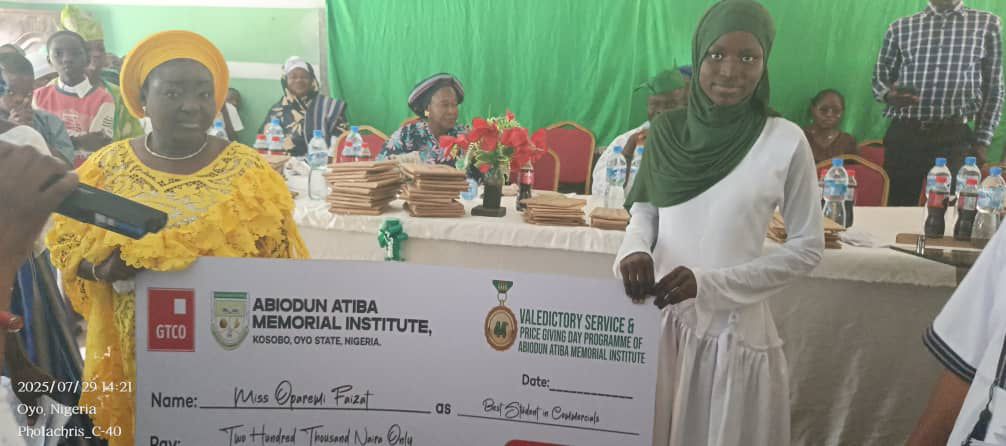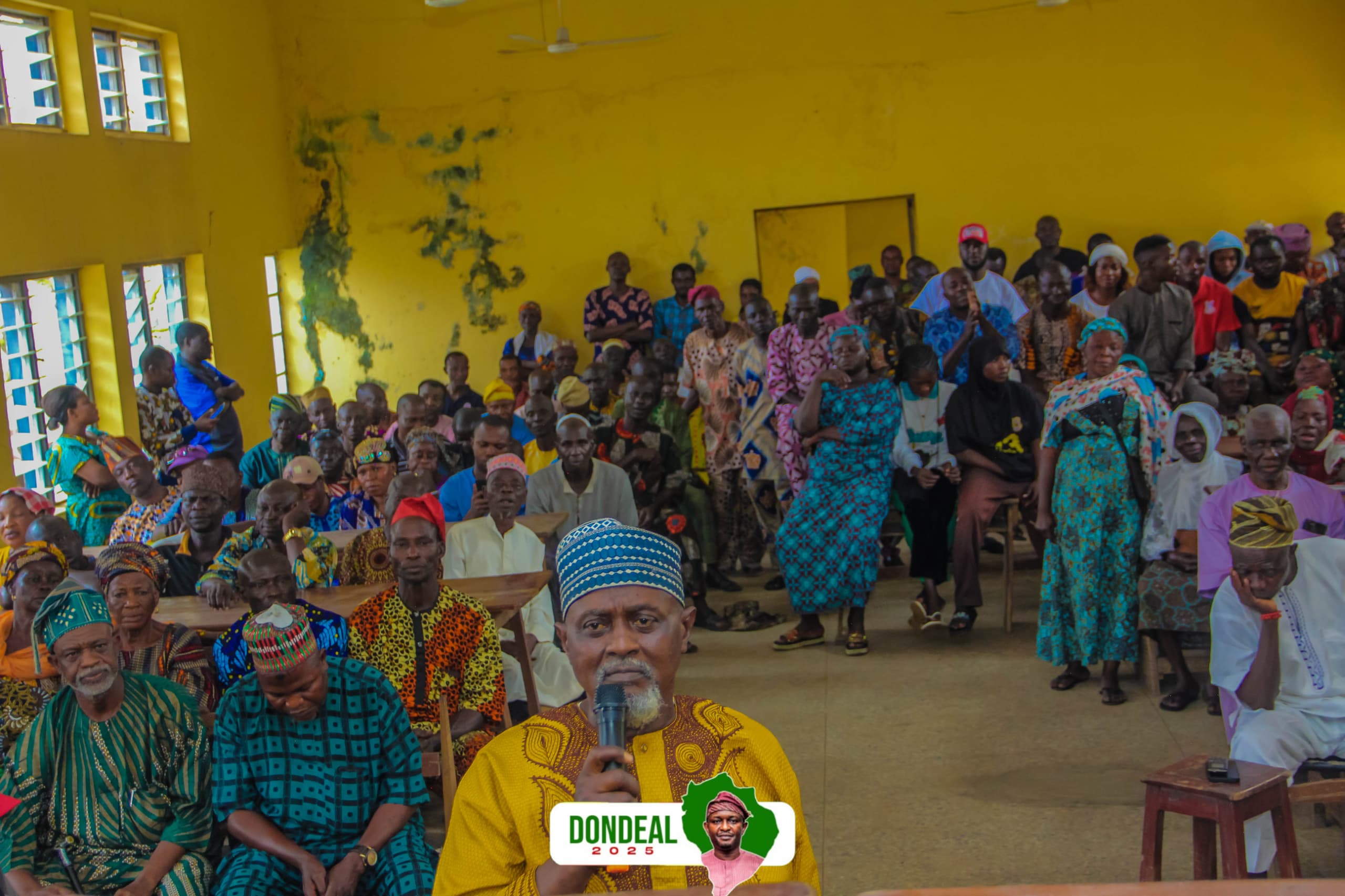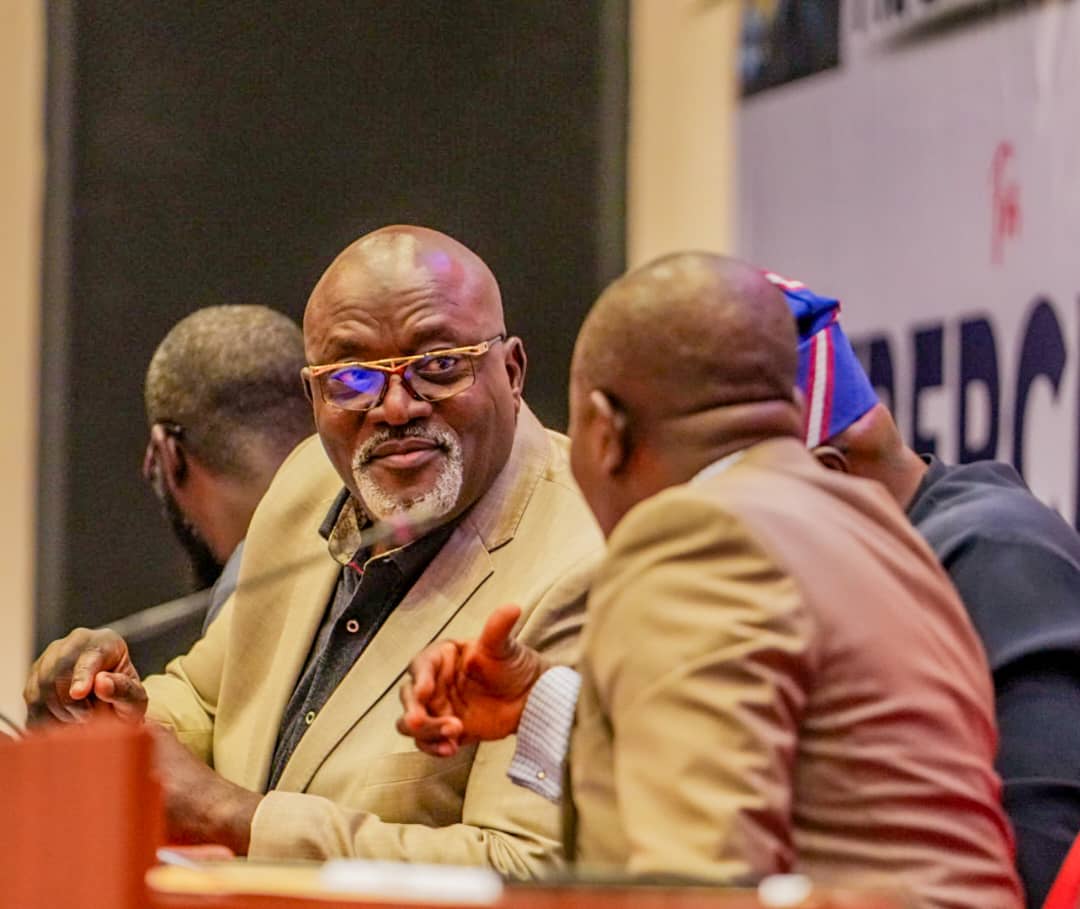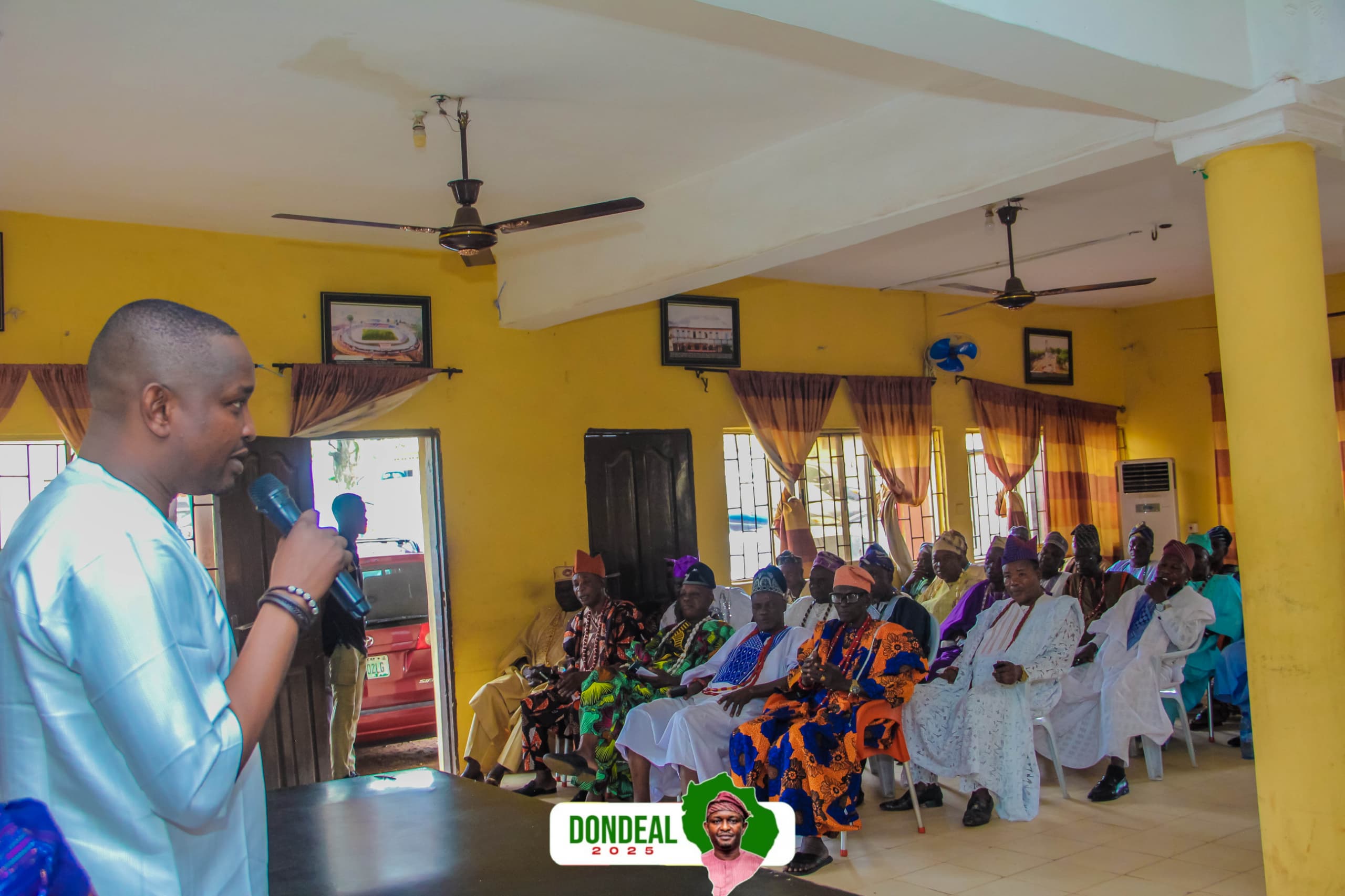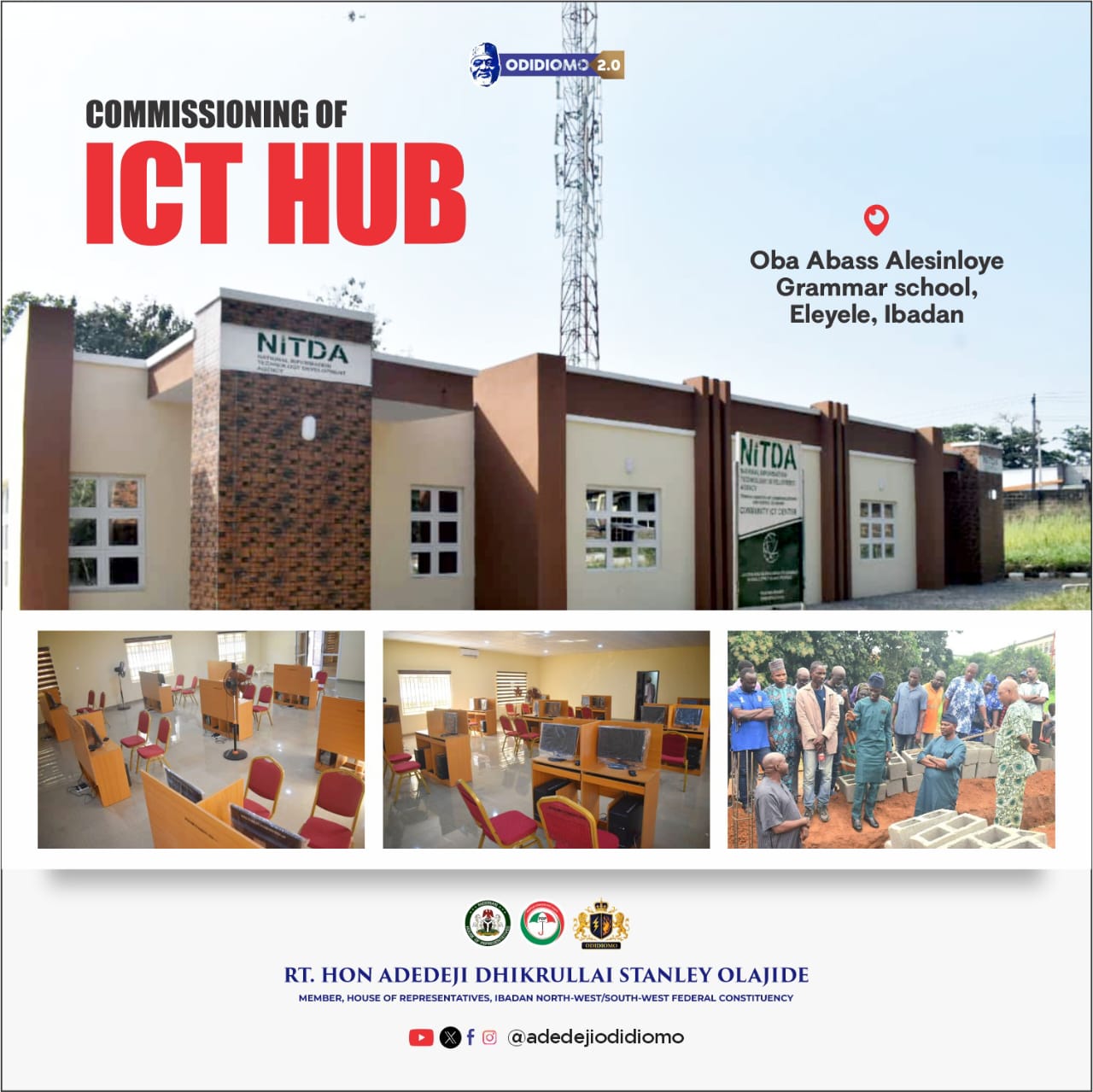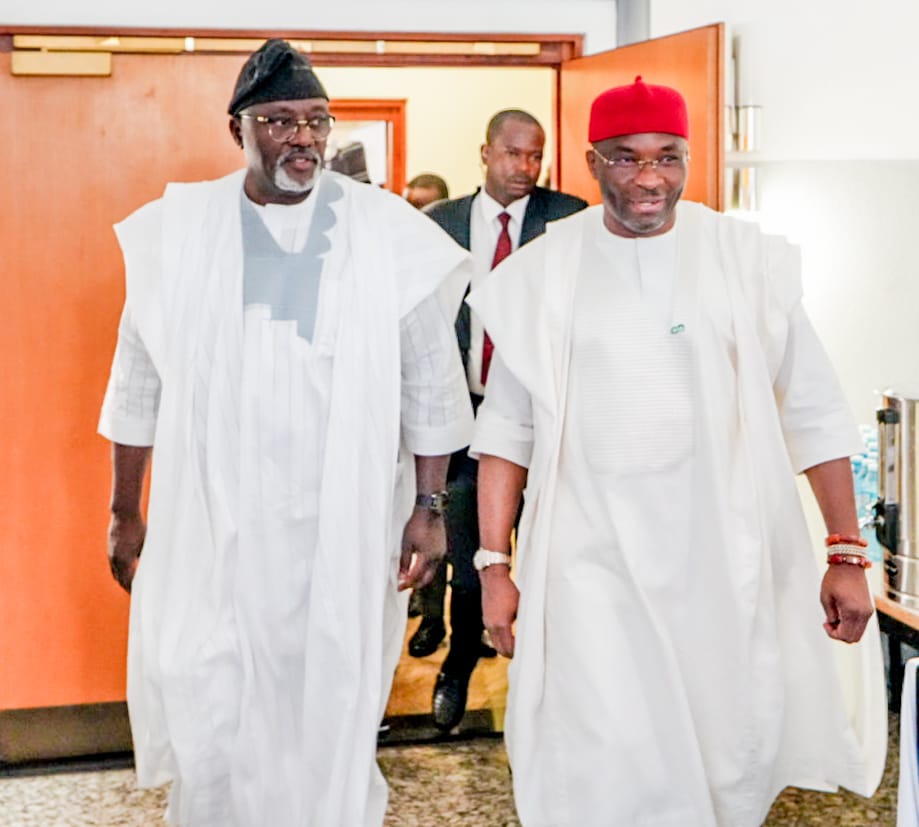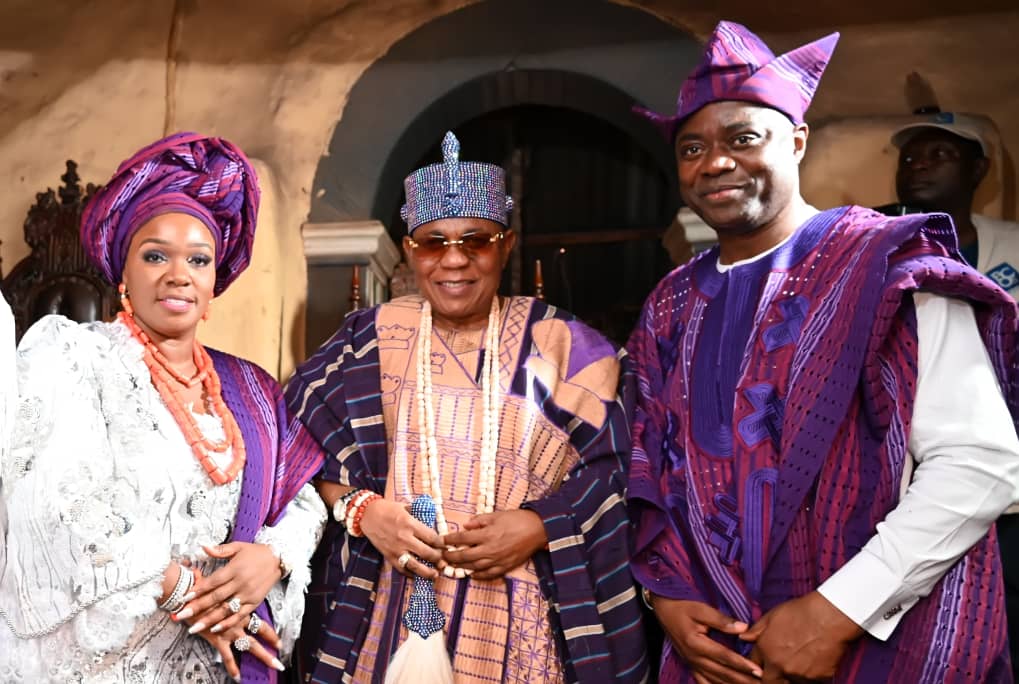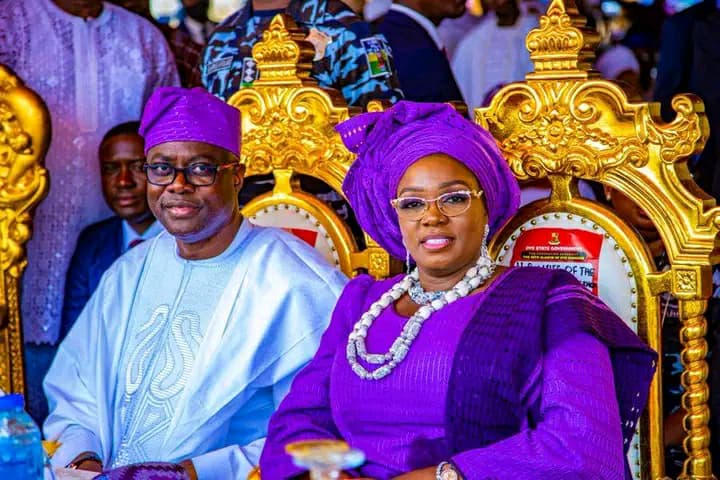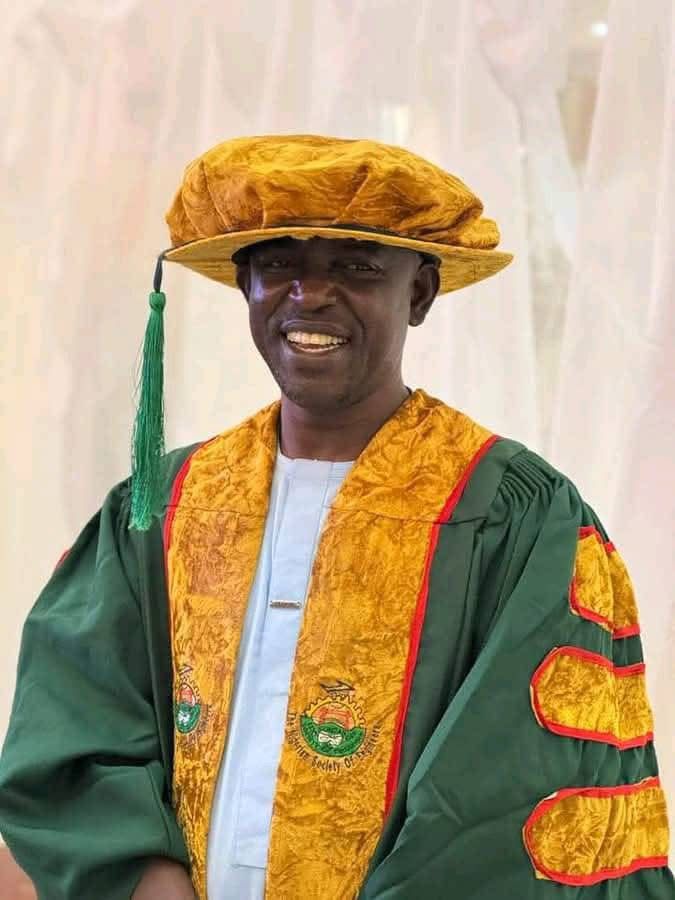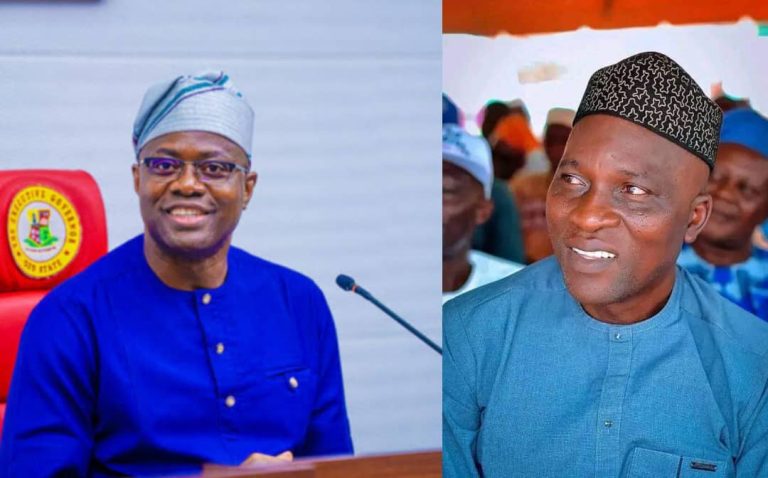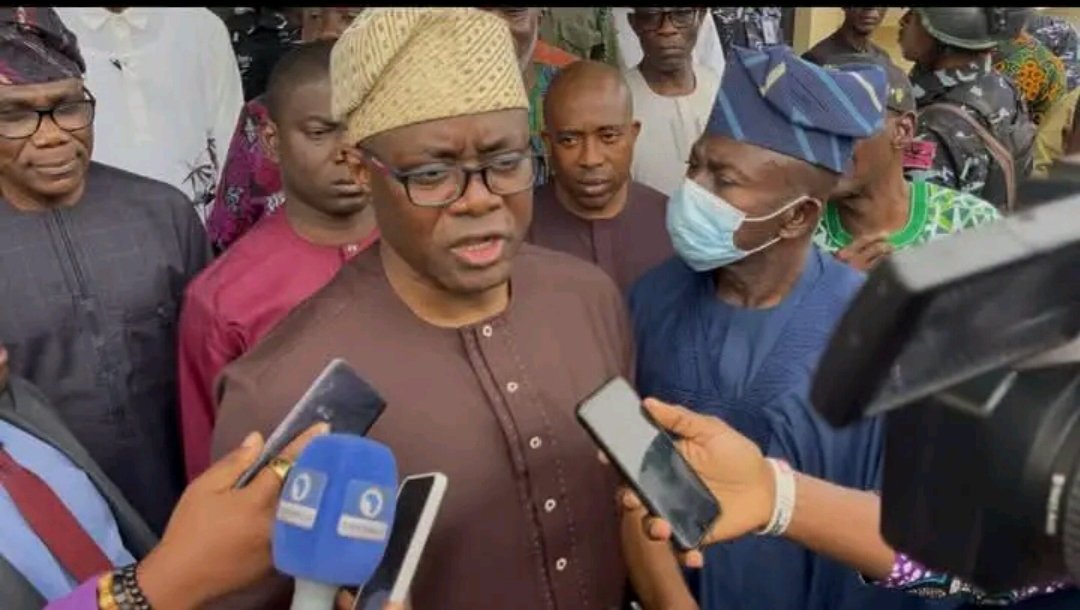Governance, Politics in a Season of Letters|Moses
Governance, politics in a season of letters
By Moses Alao
In an unexpected twist of events, the spirit of Mariama Ba, the late Senegalese writer, has been summoned to Oyo State, where some residents on social media have been writing ‘So Long a Letter’ to the Oyo State governor, ‘Seyi Makinde and the chairmen of the 33 local government areas in the state.
These individuals, exercising their rights of free expression and press as guaranteed in the 1999 Constitution of the Federal Republic of Nigeria (as amended), have been vociferous in their support for the recent judgment of the Supreme Court on local government autonomy.
While some have turned out well-researched write-ups, justifying why they think the local councils should not be under the watch of the states, others have only resorted to insults, banal and baseless vituperations against Governor Makinde, who did nothing but to also exercise his own fundamental right to express a different view from those celebrating the judgment.
In the past days and weeks, I have read with bewilderment the attacks and assaults against the governor and other individuals, who have raised issues with the judgment. Their position that the judgment was in contrast to the dictates of the Constitution and that it would pose some challenges has not even been given any consideration by the letter writers.
Governor Makinde belled the cat with this position on July 15, when he stated that the judgment created a constitutional lacuna that will throw some challenges at the local level, stating, however, that his government will not allow the people to suffer from the outcome of the judgment. But he was not alone.
Former governor of Ekiti State and former chairman of the Nigerian Governors’ Forum, Dr. Kayode Fayemi, also described the judgment granting autonomy to local governments as a misnomer and aberration in a federal system of government. Fayemi had said: “The President (Bola Tinubu) is a federalist, he is a leader in my party, we share quite a lot in common, but I do not know any federal entity anywhere in the world where the federal government becomes the driver of what happens in the local government.
Fayemi continued: “It does not happen anywhere in the world and the Nigerian Constitution in Section 2 is very clear that Nigeria is a federation of the federal (central government) and the state. It is not three tiers.”
Similarly, the pan-Yoruba sociopolitical group, Afenifere, had also pointed out the faulty nature of the judgment, noting that it was against the spirit of federalism.
Now, why did Governor Makinde hold the view that the Supreme Court judgment created a constitutional lacuna? Why did he think it could throw up challenges that can make the people of the state suffer? Does he have any point worthy of being evaluated dispassionately? Yes. He made reference to how pensions and gratuities at the local governments were unpaid for years until he got into office in 2019 and how within a space of five years, he has facilitated the payment of close to N50 billion in gratuities. The governor also explained that another N55 billion will be needed to offset the gratuity arrears and pay those who will retire between now and 2027 when he will leave office. When and if the direct allocation to the councils takes effect, will each council be saddled with the responsibility of paying gratuities to only indigenes of the councils who retire in their service or to every retiree? What will happen to councils where there are more staffers and pensioners, and as such, may consider discriminating against those not of their towns’ extraction? A similar situation with the payment of primary school teachers, local government workers whereby some local governments were left with nothing to develop their domains after salary payments led to the creation of the State-Local Government Joint Account in the past. What has changed and what will this judgment change and in whose interest?
I don’t expect most members of the association of letter writers and social media advocates on LG autonomy to answer these questions. They will only resort to insults. I have read and seen the damage that politics can do to reasoning. Writers after writers continue to run afoul of logic, committing all sorts of fallacies just to score a point (for future political relevance) or to whittle down the popularity of Governor Makinde. While the politics of the Supreme Court judgment is lost on some of those authoring or copying and pasting letters, some others knew that the matter is not about freeing the councils but usurping the constitutional powers of the states and giving the same to the federal government for the future benefits of some individuals at the centre. But will those who know tell those who don’t that things are not yet Uhuru? No, we must play politics with everything and shout down whoever disagrees with us.
I have seen opinions and views on the LG autonomy that one cannot but laugh at. But then, all opinions must be respected. At least, that is what democracy is about. Some individuals have gone as far as calculating all the allocations that they believed accrued to their councils in the last five years and then concluded that the state government must have sat on everything. I have seen individuals posting screenshots of monthly allocations and I could not but laugh at how politics has eaten deep into the fabrics of logic. Now, if you just happen to come across the allocations accruing to your council area and you sum everything up and conclude your council made so and so billions but that there is nothing to show for it, have you asked or done the Mathematics of how much of that amount went into servicing recurrent expenditure?
Did your traditional council not draw 5 per cent of the allocation (increased to 10 per cent by Governor Makinde around 2023). How much of the billions did your family members and kinsmen who are council chairmen, secretaries, chiefs of staff, supervisory councilors, councilors, special assistants draw from the billions in five years? How much of the money went into paying primary school teachers, local government civil servants, public health workers, ad-hoc staffers who are all your kinsmen and how much went into paying pensions and gratuities to kinsmen who retired at the primary schools and the councils? Has anyone also asked how much of the allocations have been consumed since the Oyo State Government introduced the N25,000 wage award to state and local government workers and N15,000 to pensioners about 10 months ago?
Am I saying that there should be no accountability and transparency in how local governments’ allocations are spent, no. Of course, Governor Makinde is not against transparency and accountability. Though that is the unfounded accusation that our letter writers have continued to level against Governor Makinde, the import of his position far outweighs whatever lies being cooked up to tarnish him for differing on this matter. But as the saying goes that fortune favours the brave, I am sure that the coming months will vindicate the governor’s position on the matter.
Alao is the Special Assistant (Print Media) to Oyo State Governor

